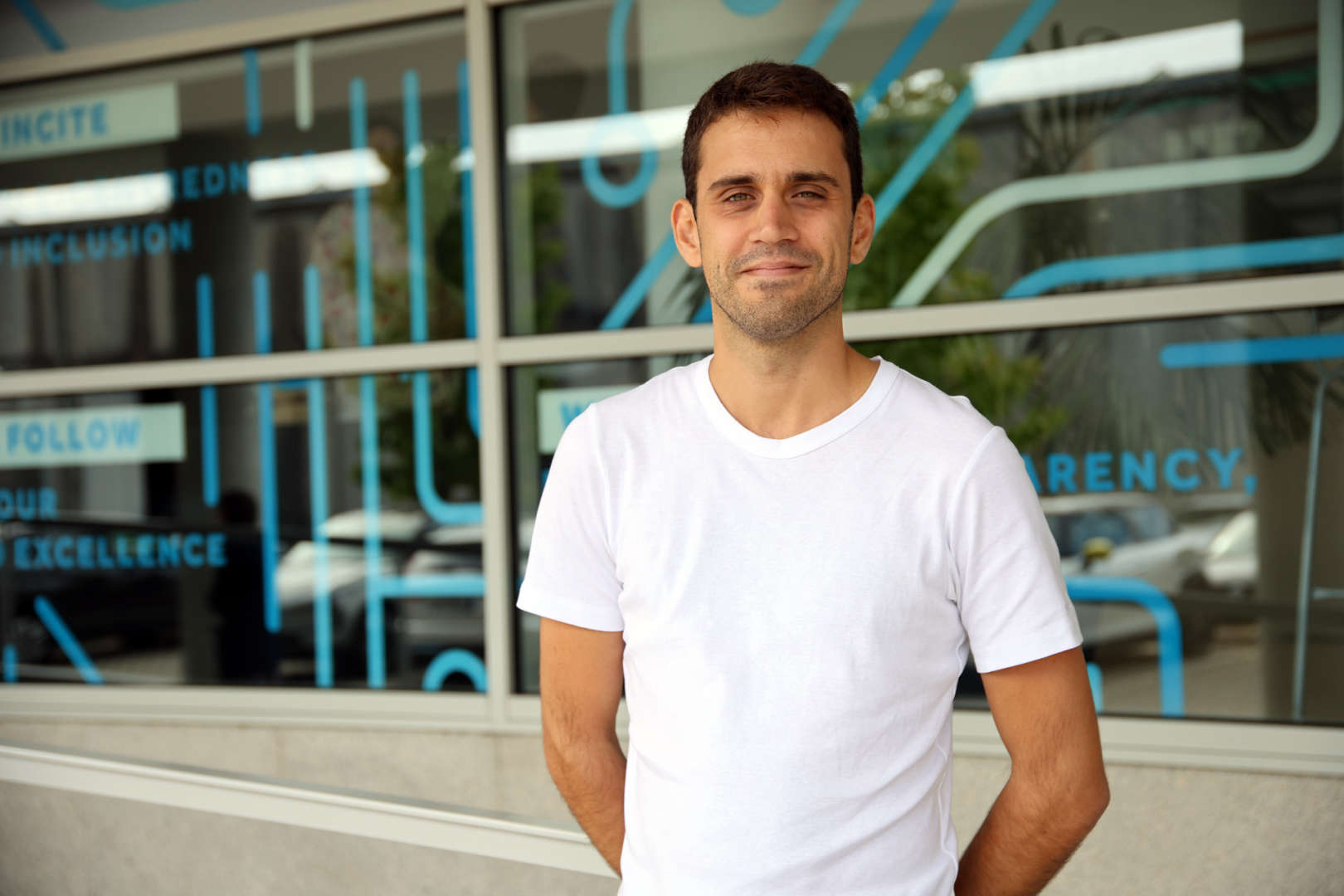About
I completed my MSc degree in Electrical Engineering at FEUP (University of Oporto - Faculty of Engineering) in 2016.
Between 2016 and 2019 and then from 2024 onwards I’ve worked as a Researcher at CPES (Centre for Power and Energy Systems), mainly focused on power systems dynamic stability, which also was the subject of my Master’s thesis.
Between 2019 and 2024 I’ve worked in the field of public transportation, another topic I’m particularly interested in.
I'm originally from Matosinhos, Porto, which is where I've always lived.


